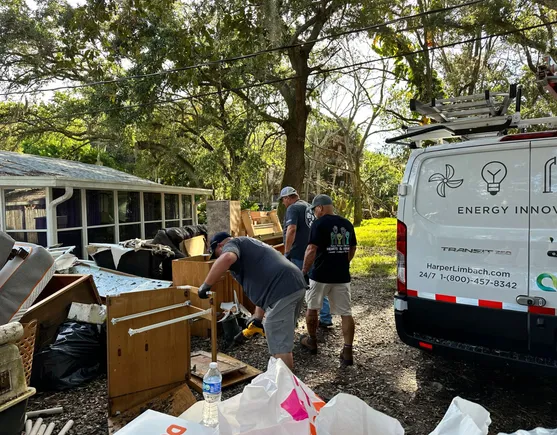Dive Brief:
- Recent ground-breaking innovation in artificial intelligence and other technology has yet to show signs of lifting productivity, Federal Reserve Governor Lisa Cook said Tuesday, as companies seeking business insights and efficiency gains channel billions of dollars into generative AI.
- “Although I share the view that AI could lift productivity out of this period of low growth, it bears emphasis that recent productivity gains have been modest despite rather impressive changes in information technology,” Cook said in a speech at the Atlanta Fed.
- “The modest productivity growth seen of late already incorporates gains from some types of AI,” she said. “Whether generative AI delivers a similar, incremental contribution to productivity growth or something larger remains to be seen.”
Dive Insight:
U.S. productivity rose 2.7% during the second quarter compared with the same period last year but has otherwise gained on average about 1.5% annually since early this century, Cook said, citing Labor Department data.
“The question is, are we seeing rising productivity, which will be sustained over a period of time?” Fed Chair Jerome Powell said Monday during a National Association for Business Economics webcast. “Of course, I think it’s way too early to say that,” Powell said.
Powell, Cook and other Fed officials have said for months that declaring a productivity boost from AI would be premature.
Even so, investors and CFOs are piling capital into the technology. Venture capital funds globally invested $21.3 billion into generative AI last year, or about three times the amount during 2022, according to EY.
The generative AI market will likely balloon to $1.3 trillion by 2033 from $40 billion in 2022, according to an estimate by Bloomberg Intelligence.
Cook highlighted the technology’s potential for spurring economic growth, increasing wages and easing price pressures.
“My view is that AI, and generative AI in particular, is likely to become a general-purpose technology — one that spreads throughout the economy, sparks downstream innovation and continues to improve over time,” she said.
“As firms deploy these technologies and workers discover ways to make use of them, such developments can create the conditions for greater productivity and thus higher wage growth consistent with stable prices,” she said.
Many companies are “toe-dipping” into artificial intelligence rather than investing heavily in the technology, Atlanta Fed President Raphael Bostic, the host of a conference where Cook spoke, said in introductory remarks.
“There’s a lot of experimentation” in the southeastern U.S. region covered by the Atlanta Fed, Bostic said, noting that AI has yet to significantly influence employment and revenues.
Business “leaders we talk to think there is a lot of promise in AI, but few have gone all in in their operations just yet,” he said. “We are definitely only in the early days for deciphering aggregate labor market trends for AI.”






Leave a Reply